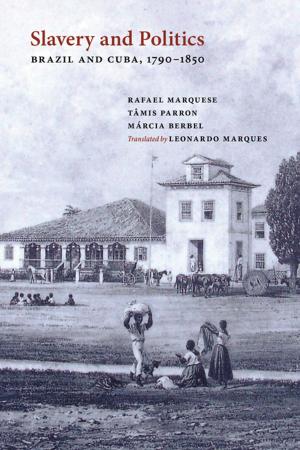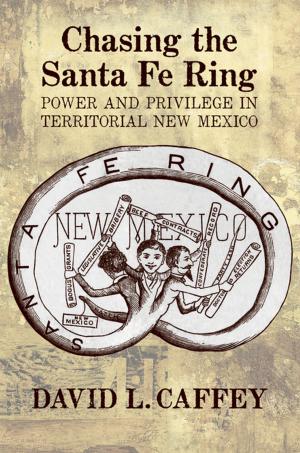| Author: | ISBN: | 9780826353863 | |
| Publisher: | University of New Mexico Press | Publication: | November 1, 2013 |
| Imprint: | University of New Mexico Press | Language: | English |
| Author: | |
| ISBN: | 9780826353863 |
| Publisher: | University of New Mexico Press |
| Publication: | November 1, 2013 |
| Imprint: | University of New Mexico Press |
| Language: | English |
The Architecture of Change: Building a Better World is a collection of articles that demonstrates the power of the human spirit to transform the environments in which we live. This inspiring book profiles people who refused to accept that things couldn’t change, who saw the possibility of making something better, and didn’t esitate to act.
Breaking down the stereotypes surrounding “socially engaged architecture,” this book shows who can actually impact the lives of communities. Like Bernard Rudofsky’s seminal Architecture Without Architects, it explores communal architecture produced not by specialists but by people, drawing on their common lives and experiences, who have a unique insight into their particular needs and environments. These unsung heroes are teachers and artists, immigrants and activists, grandmothers in the projects, students and planners, architects and residents of some of our poorest places. Running through their stories is a constant theme of social justice as an underlying principle of the built environment. This book is about opening one’s eyes to new ways of interpreting the world, and how to go about changing it.
The Architecture of Change: Building a Better World is a collection of articles that demonstrates the power of the human spirit to transform the environments in which we live. This inspiring book profiles people who refused to accept that things couldn’t change, who saw the possibility of making something better, and didn’t esitate to act.
Breaking down the stereotypes surrounding “socially engaged architecture,” this book shows who can actually impact the lives of communities. Like Bernard Rudofsky’s seminal Architecture Without Architects, it explores communal architecture produced not by specialists but by people, drawing on their common lives and experiences, who have a unique insight into their particular needs and environments. These unsung heroes are teachers and artists, immigrants and activists, grandmothers in the projects, students and planners, architects and residents of some of our poorest places. Running through their stories is a constant theme of social justice as an underlying principle of the built environment. This book is about opening one’s eyes to new ways of interpreting the world, and how to go about changing it.















